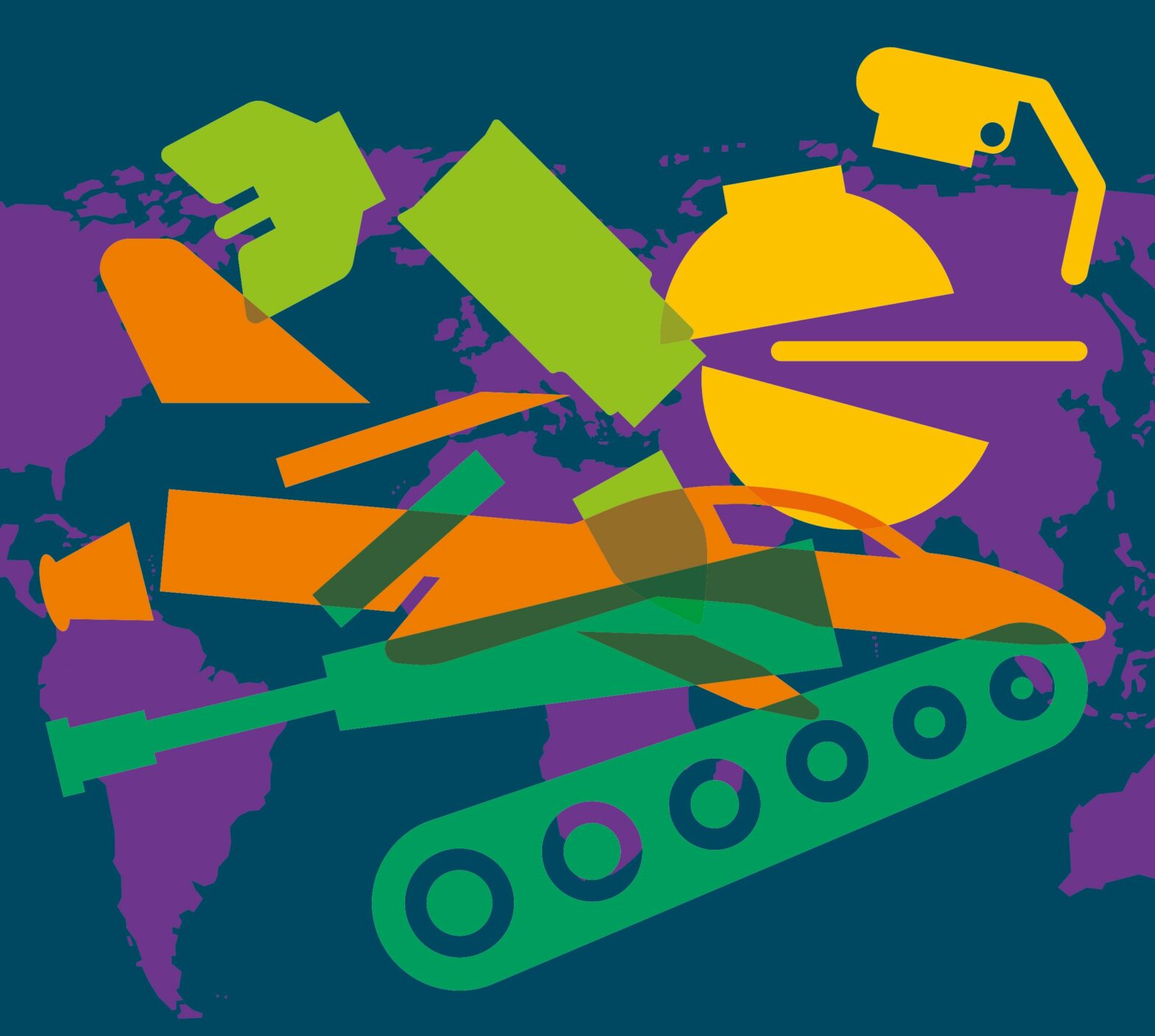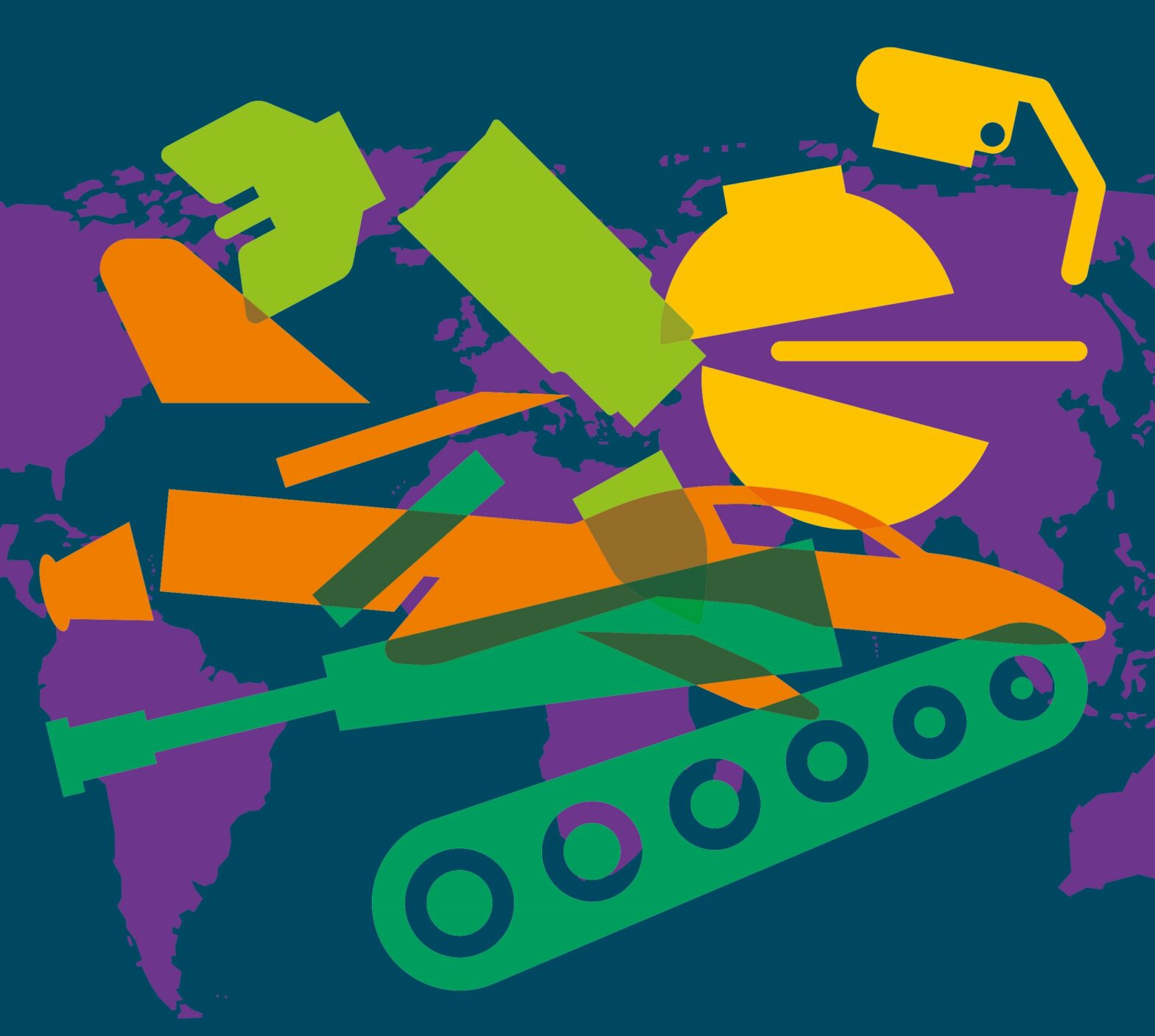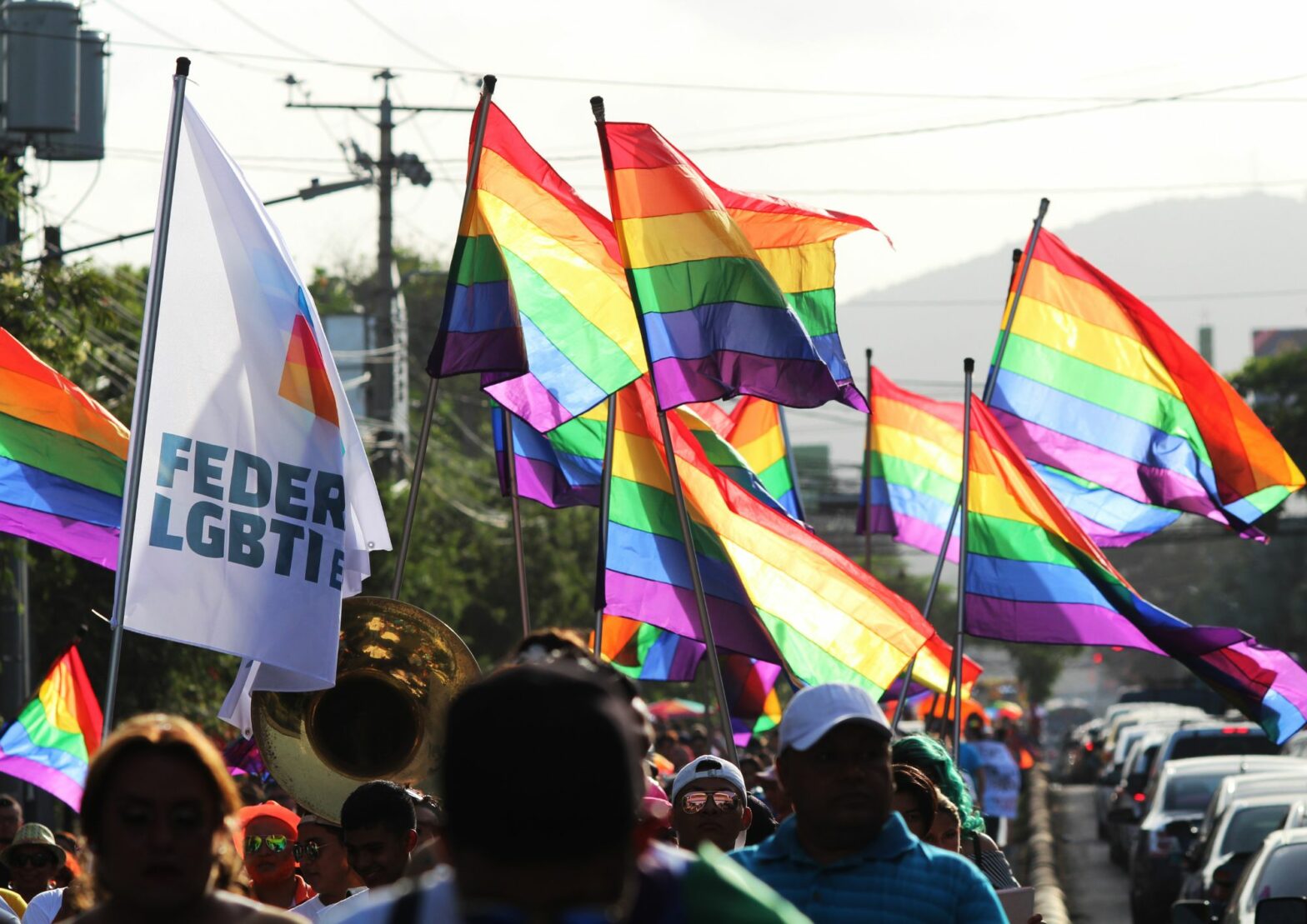Share Twitter Facebook Email Copy URL
Historical continuities of colonialism and imperialism as well as the current worldwide expansion of capitalism structure and shape global power and domination relations. Transnational corporations undermine human rights, environmental protection and labour rights. In doing so, they can invoke international agreements that protect the rights of private investors and so-called free trade. For these corporations, transnational law has primarily become an instrument of domination to enforce their interests. Their actions go hand in hand with the “imperial way of life” of the countries of the Global North – an outsourcing of their social and ecological costs mainly to the Global South while sealing off their borders –, and a frightening social normalisation of right-wing populist and xenophobic political attitudes.
However, there is also a body of social rights at the transnational level. The United Nations (UN) General Assembly’s Universal Declaration of Human Rights of 1948 already contains a clear commitment to the indivisibility and interdependence of political and social human rights. The UN Social Covenant, adopted in 1966, codifies far-reaching legal norms, with signatory states making a legally binding commitment to implement at least the core content of these rights. The conventions of the International Labour Organisation provide a framework for the international implementation of minimum labour standards, for the protection of the rights of migrant workers and indigenous peoples. And social rights are also enshrined in the European Social Charter.
As early as in the 1990s and 2000s, movements critical of globalisation, trade unions and non-governmental organisations had initiated a debate on “Global Social Rights”, which refer to these agreements. The demand at that time was to counter the globalisation of capital, markets and goods with a globalisation of social rights. The global financial crisis that began in 2008 put a temporary end to this discussion.
However, the revolts of the Arab Spring of 2011 reignited the struggles for social rights. The “movements of the squares” in Southern Europe and the USA opposed the policies of neoliberal authoritarianism. International campaigns like the Clean Clothes Campaign began to make visible workers’ struggles for rights in the production chains of the global garment industry. Transnational social movements for climate justice and energy democracy also gained strength, as did the globally networked landless movement Vía Campesina, which had already existed for many years. A starting point of the movements, networks and struggles was to find transnational and rights-based answers to the global social conflict lines and the underlying asymmetrical architecture of the North-South relations. This aspect was also included in the 2030 Agenda for Sustainable Development adopted by the member states of the UN in 2015. The Agenda formulates 17 Sustainable Development Goals (SDGs). An important claim of the 2030 Agenda was that human rights should form the basis of the SDGs.
While the model of the imperial way of life and its economic basis, the capitalist dogma of constant economic growth, are reaching their limits, global social justice is no longer just an ethical and political question. Rather, the outsourced costs of unequal globalisation are already coming back to haunt us – for example, in the form of climate change. The current global socio-ecological challenges and the accompanying social conflicts, including environmental changes, but also growing refugee and migration movements, corresponding risks of violent conflicts, resource scarcity and extreme exploitation in transnational value chains, make a transnational legal policy that effectively anchors “Global Social Rights” urgently necessary.
Against this background, we would like to revitalise the debates on “Global Social Rights” in the plural left and organised civil society through a discourse that can be framed in different political contexts and struggles, e.g. in relation to the wage-labour relationship and the profit principle of the capitalist mode of production, patriarchal power structures in the economy, politics and society, ethnically or nationally defined concepts of citizenship, racist exclusion as well as (neo)-colonial structures and the current border regimes. The implementation of social, economic and cultural human rights in this discourse is seen as a prerequisite for the realisation of civil and political human rights for all people, regardless of nationality, origin, place of residence, gender, skin colour or religious affiliation. The “Global Social Rights” project questions the global capitalist, growth-based development model, which, intertwined with racisms and patriarchal structures, creates and cements social inequalities. In this context, questions of socio-ecological-economic transformation are of particular importance.
To find out more about “Global Social Rights”, please refer to RLS Annotated Bibliography on Global Social Rights.



